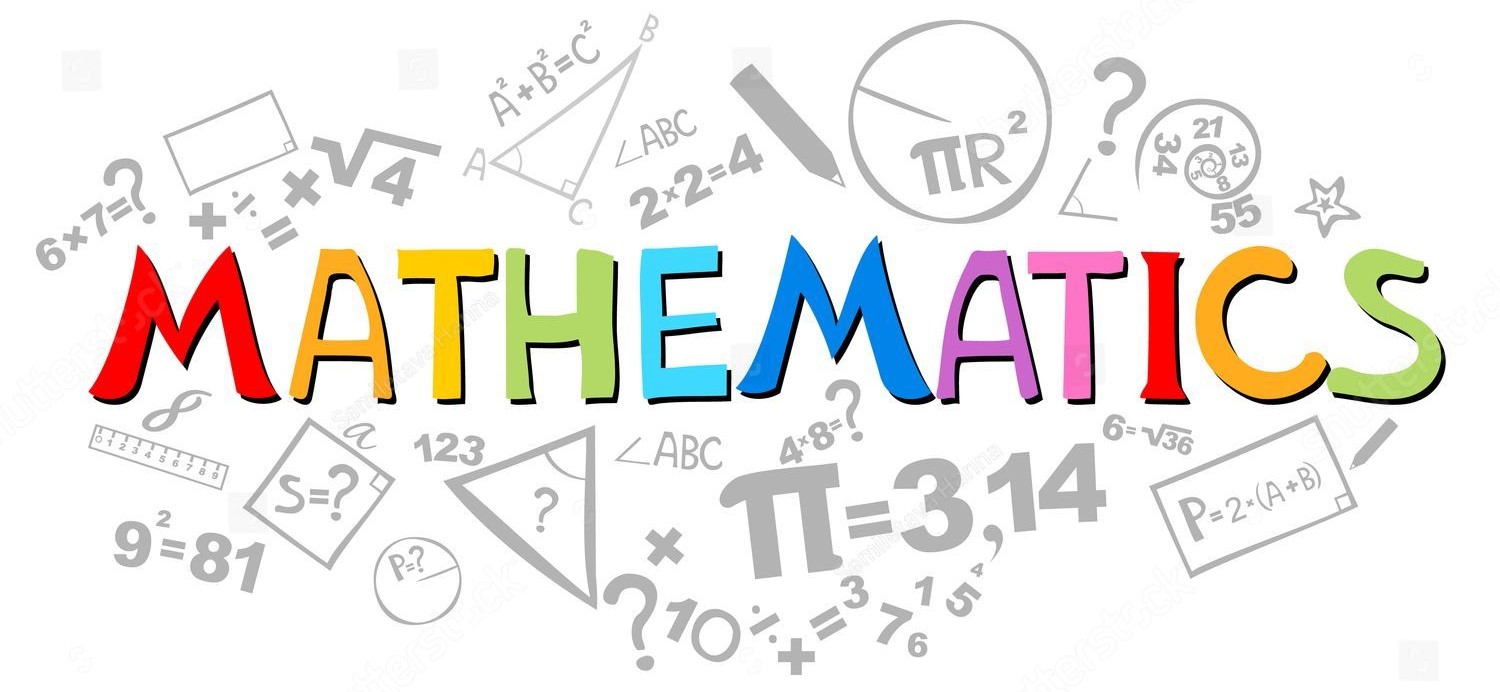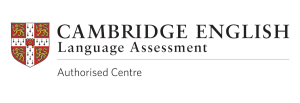
A Mathematical Olympiad course is designed to help students develop problem-solving skills and deepen their understanding of various mathematical concepts. Here’s a general outline and explanation of a Mathematical Olympiad course:
Course Title: Mathematical Olympiad Preparation Course
Course Overview:
This course is designed to prepare students for participation in Mathematical Olympiads, challenging competitions that require creative problem-solving and a deep understanding of advanced mathematical concepts. The course aims to enhance students’ problem-solving skills, foster mathematical creativity, and introduce advanced topics beyond standard school curriculum.
Course Duration:
The duration of the course may vary, but it typically spans several months, with regular sessions to cover various topics and practice sessions.
Course Outline:
Number Theory:
Prime numbers and divisibility
Modular arithmetic
Diophantine equations
Number patterns and sequences
Algebra:
Polynomials and factorization
Inequalities and absolute values
Functional equations
Vieta’s formulas
Geometry:
Euclidean geometry
Trigonometry and geometric transformations
Complex numbers in geometry
Combinatorial geometry
Combinatorics:
Counting principles (permutations, combinations)
Pigeonhole principle
Graph theory
Recurrence relations
Advanced Topics:
Calculus (limits, derivatives, integrals)
Linear algebra
Probability theory
Course Structure:
Lectures: In-depth discussions of mathematical concepts and problem-solving strategies.
Problem Sessions: Solving and discussing challenging problems to apply learned concepts.
Mock Olympiads: Simulating exam conditions to build test-taking skills.
Individual Projects: Encouraging students to explore advanced topics on their own.
Assessment:
Regular Problem Sets: Assigned to reinforce understanding and application.
Midterm and Final Exams: Assessing overall comprehension and problem-solving abilities.
Participation: Active engagement in class discussions and problem-solving sessions.
Prerequisites:
Students are expected to have a strong foundation in basic mathematics, including algebra, geometry, and number theory. Familiarity with mathematical proof techniques is beneficial but not mandatory.
Course Materials:
Textbooks, problem sets, past Olympiad problems, and additional resources will be provided to supplement the learning experience.
Outcome:
Upon completion of the course, students should be well-prepared to tackle Mathematical Olympiad problems, demonstrate advanced problem-solving skills, and have a deeper appreciation for the beauty of mathematics.
This is a general outline, and actual course content may vary based on the educational institution or organization offering the Mathematical Olympiad preparation course.




